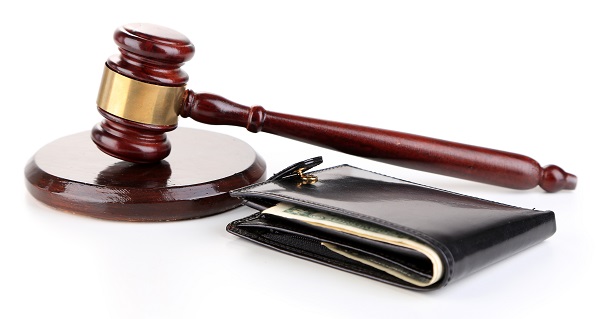Are you unable to pay our debt? Looking for sound financial solutions? Consider filing for bankruptcy right away?
Bankruptcy is a set of rules, established by the Constitution of the United States and governed primarily by federal law that helps individuals and businesses who owe more debt than they can pay to provide them the much-needed fresh start. It is the process of eliminating, reorganizing and otherwise dealing with the profuse debt.
Creditors’ money collection harassments will immediately stop the moment bankruptcy is filed until the debts are paid off or discharged by the court.
Current economic conditions and medical issues have caused many responsible individuals of Colorado to face a financial crisis they never imagined were possible. The State of Colorado bankruptcy laws is the same as the federal law with few different forms of filing bankruptcy.
Chapter 7 Bankruptcy Code in Colorado
In Chapter 7, Colorado bankruptcy law protects a portion of the property from being seized by creditors or trustees. The bankruptcy code under Chapter 7 involves the liquidation of the debtor’s non-exempted property. Once the non-exempted property is sold, the bankruptcy trustee distributes the proceeds to pay as much of the debtor’s debt as possible. the remaining debt is discharged from the liability of the debtor.
Generally, the venue in bankruptcy is decided by where the debtor has lived the longest during the six months before filing. So, if the debtor has lived in Colorado longer than anywhere else in the last 180 days, he or she then qualify to file bankruptcy under Chapter 7 in the Bankruptcy Court for the State of Colorado.
Bankruptcy Exemptions
Bankruptcy code is a federal law that applies throughout the nation, but it allows each state to define what property is exempted from liquidation. The individual states can enact their lists of exemptions alternative to the list of the federal bankruptcy law.
Some states allow the debtors to choose between the set of federal bankruptcy exemptions and the state list of exemptions, unlike Colorado. This state has opted out of the federal bankruptcy exemptions and the debtor filing the petition in this state must use the Colorado list of exemptions only. The better idea of the exemptions can be taken by consulting the Colorado bankruptcy attorney.
List of Colorado Bankruptcy Exemptions
Here is the list of some of the commonly used exemptions in Colorado:
- Homestead Exemption
In Colorado homestead exemption, debtors can protect up to $75,000 of equity in a home or other property like a mobile home. In case the homeowner, spouse or dependent is disabled or 60 years of age and above, the amount increases to $105,000.
- Motor Vehicle Exemption
This provides an exemption to two motor vehicles of bicycles owned by the debtor with a total value of up to $7,500. In the case of the elderly or disabled debtor, spouse or dependent on the amount increases to $12,500. However, the exemption does not apply to golf carts, all-terrain vehicles, trailers, motor homes or snowmobiles.
- Personal Property Exemption
Numerous personal property items are exempted under the State of Colorado bankruptcy laws which includes:
- Clothing
up to the value of $2000
- Household goods up to $3000
- Food and fuel up to $600
- Jewelry and other adornment articles up to $2,500
- Family pictures and books to $2000
- Health aids and personal injury recoveries
- Wages Exemption
Under Colorado law, either a minimum of 75% of earned but unpaid wages, insurance, and pension payments are exempted or 30 times the federal minimum wage. The bigger of the two amounts will be used.
- Insurance Exemption
The group life insurance policy or proceeds are 100% exempted. The cash surrender value of life insurance is exempt up to $100,000. Any contributions made in the past 48 months are excluded. Moreover, a debtor can be exempted from up to $4,000 per month in sickness and accident insurance benefits during the debtor’s disability.
- Pensions/Retirement Accounts Exemption
Firefighters, police officers, and public employee pension, defined contribution plans and retirement benefits including ERISA plans, IRAs, Roth IRAs, and 401(k) plans are exempted under the State of Colorado bankruptcy laws.
Conclusion
An exemption in bankruptcy is an important part as it allows a debtor to keep certain property or assets even after bankruptcy is filed and during the process. The exemptions in bankruptcy are defined by statute, and the exempted property cannot be sold or seized to pay the debts of the petitioner filing for bankruptcy. It’s crucial to consult local bankruptcy attorneys as Colorado exemption amounts are subjected to change.








